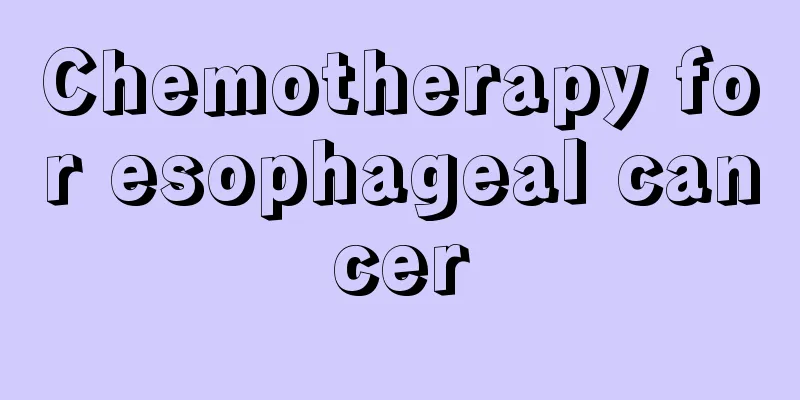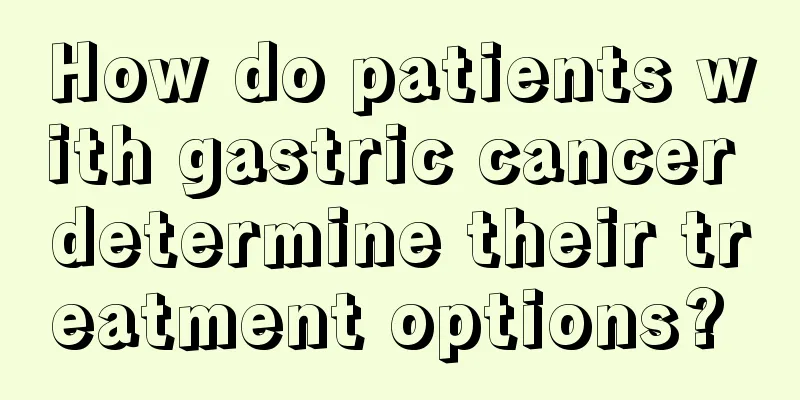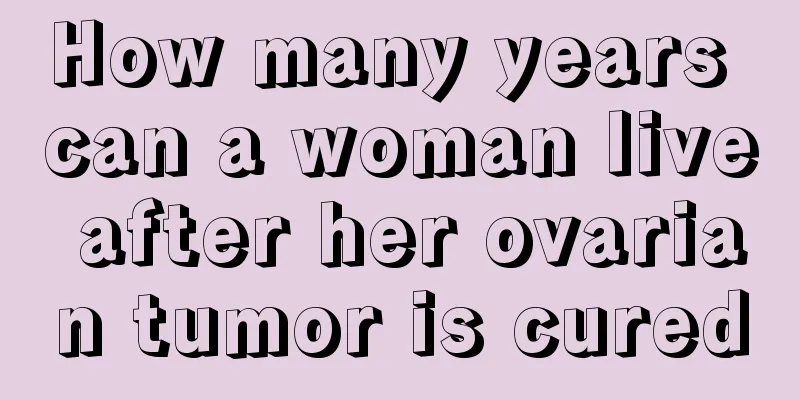Chemotherapy for esophageal cancer

|
Chemotherapy for esophageal cancer has been evolving. Chemotherapy is used in 3 situations: for palliative treatment of advanced esophageal cancer, where its benefit is limited; as preoperative therapy, alone or in combination with radiation therapy, to reduce the size of the primary tumor, improve resection rates, and hopefully remove microscopic metastases; and in combination with radiation therapy as primary therapy for esophageal cancer, either in combination with surgery or nonsurgical treatment. In fact, the role of chemotherapy has been under investigation because it has no significant effect on survival in patients with metastatic disease or in patients with localized disease who have received one or two local therapies. However, data from randomized trials comparing radiotherapy alone with chemotherapy and intracavitary radiotherapy suggest that combination therapy may be beneficial in improving survival in patients with localized esophageal cancer. Many single chemotherapy agents are effective for metastatic esophageal cancer, including bleomycin, cisplatin, 5-fluorouracil, mitomycin, doxorubicin (adriamycin), and methotrexate. In addition, the drugs vinblastine amide and mitoquazone (MGBG) are being investigated for a small effect. Response rates for single agents range from 10% to 40%. Combinations of two or more drugs have also been evaluated for advanced disease, with similar responses ranging from 17% in studies of more than 10 cases, although the survival and symptom palliation effects are modest. Studies of patients with disseminated disease report median survival of 4 to 8 months. Therefore, new agents are greatly needed for patients with metastatic esophageal cancer, which has been treated with standard chemotherapy to date. It should be noted that the vast majority of experience with chemotherapy for esophageal cancer is limited to squamous cell carcinoma. Response rates and drug effects in adenocarcinoma are very similar to those in squamous cell carcinoma. The lack of chemotherapy for localized disease is somewhat similar. The complications of chemotherapy vary depending on the characteristics of the drug or the drug's use (alone or in combination), dosage, and treatment regimen. In the treatment of metastatic disease, combination therapy does not have any advantage over single drug therapy. In addition, phase I and II trials of new drugs are often used for chemotherapy of metastatic disease, so their efficacy is limited. The toxic effects of chemotherapy are generally well known, including nausea, vomiting, alopecia, stomatitis, diarrhea, and bone marrow suppression. Depending on the use of different chemotherapy drugs, there are different organ-specific toxicities, such as renal and cardiac dysfunction. |
<<: Early diagnosis method of esophageal cancer
>>: Treatment of esophageal cancer with TCM differentiation of symptoms
Recommend
What to do if you get stung by a bee
It is well known that Feng honey is very deliciou...
What can an electric baking pan do
The electric baking pan is a small household appl...
What kind of soup should patients with nasopharyngeal cancer drink?
What kind of soup should I drink for nasopharynge...
What are the causes of ovarian cancer
The specific causes of ovarian cancer are not ver...
How long can you live with melanoma
At present, the number of patients with malignant...
What happens if you take too much folic acid?
Today's women are under increasing pressure i...
Can gout patients eat lotus root?
Lotus root is a common food in our daily life. It...
What is the cause of nasopharyngeal cancer
The clinical mechanism of nasopharyngeal carcinom...
What is missing if the skin is dry all over the body
People's skin is easily affected by the exter...
What are the more effective hair growth remedies?
Hair loss is something that many people do not wa...
Let’s take a look at the relevant knowledge about gallbladder cancer
Gallbladder cancer is not uncommon in daily life,...
Prevention of colon cancer starts with dietary adjustment
A healthy diet is a magic weapon to ensure our he...
What are the factors that cause testicular cancer
What are the factors that cause testicular cancer...
How to identify purple sand
In life, many people like to drink tea very much,...
Can babies drink glucose when they have internal heat?
The incidence of babies getting internal heat is ...









